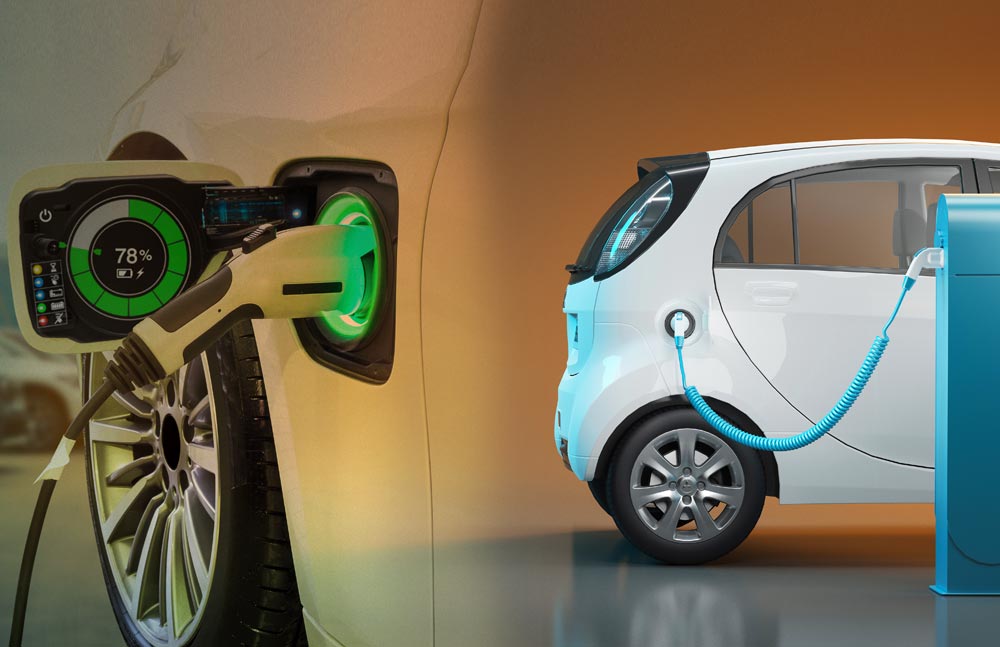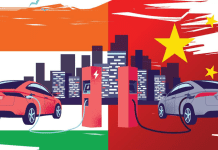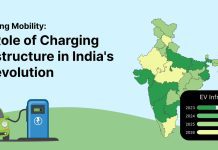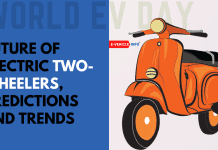
Table of Contents
E-Mobility Sector and Sustainable Future
Introduction
The world is witnessing a revolutionary transformation in the automotive segment marked by the celebration of World EV Day (9th Sep) which emphasizes the growing importance of clean and sustainable transportation. Today, as nearly every major car manufacturer delves into electric vehicle (EV) development, the push towards clean mobility has never been more prominent. World EV Day, which began in 2020 and is celebrated on 9th September, serves as a global platform to raise awareness about the advantages of EVs and accelerate the transition to sustainable transport to bolster the EV revolution.
The Global Shift towards E-Mobility Sector

In 2020, the world saw a surge in efforts to promote clean mobility, with countries setting emission-free transportation targets, offering incentives for EV adoption, and expanding charging infrastructure. Europe, in particular, emerged as a global hotspot for EV growth. France and Germany now offer some of the world’s most favourable EV incentives, making electric vehicles more affordable than ever. Meanwhile, China, the largest EV market globally, extended its subsidy program and tax breaks, supporting the growth of electric vehicle start-ups. South Korea also joins the EV movement, aiming to have 1.13 million all-electric vehicles by 2025, with revamped subsidies and enhanced charging infrastructure.
The Pandemic’s Silver Lining: Accelerating EVs in India
The COVID-19 pandemic, while devastating in many aspects, has inadvertently contributed to environmental preservation. Lockdowns worldwide led to fewer vehicles on the roads, resulting in cleaner skies and highlighting the environmental damage caused by vehicle emissions. Governments have seized this opportunity to craft aid packages focused on green mobility. India, in particular, is taking steps towards electrifying its transportation sector, with ambitious goals of becoming a 100% electric-vehicle nation by 2030. Delhi, has initiated the ‘Delhi Electric Vehicle Policy,’ offering incentives, waiving registration fees, and installing 200 charging stations to boost EV adoption.
The LiB Ecosystem: Powering the EV Revolution in India
Heraclitus’ timeless quote, “Change is the only constant,” perfectly encapsulates the ongoing global shift towards e-mobility sector. As technology evolves, so does the battery range of electric vehicles. Governments and automakers in India are working together to make EVs more affordable for the masses, with price reductions in lithium-ion batteries and government subsidies. With more affordable models offered by auto makers, electric vehicles are becoming increasingly accessible to the masses. Contrary to popular belief, EVs offer cost advantages, with lower running and maintenance costs and extended battery warranties.
The world is moving towards the New Sustainability Goals Target and Carbon Neutrality for each nation. India, too is inching towards the same goal and aims to be a Carbon Neutral Nation by 2070. In this regard, Lithium-Ion Battery (LIB) will play a major role in the paradigm shift of the automobile and stationary storage industry. LIB demand in India is expected to increase to 260 GWh by 2030 (at a CAGR of 74%) which will be fuelled by the country’s vision of Atmanirbhar Bharat and Viksit Bharat@100.
Himadri – Driving Towards a Sustainable Future

The future is set where EVs are poised to play a pivotal role in reducing emissions and improving air quality in cities across the globe. Himadri Speciality Chemical Ltd, a leading speciality chemical conglomerate and a pioneer in manufacturing LiB anode materials in the subcontinent, holds a steadfast belief in the growth potential of the LiB segment. Driven by its belief in the power of innovation, Himadri looks forward to addressing part of the global demand for the critical supply chain required for Lithium-Ion Batteries by unfolding its plans in these business segments in the near future. Himadri is committed to being an instrumental force in emphasizing the sustainable importance of E-Mobility in India and across the globe with its foray into the Lithium-ion Battery Ecosystem that promises a quieter, cleaner, and sustainable future for our planet.
About the Author
This Article is Authorized by M B Gadgil, Business Head, New Energy Materials, Himadri Speciality Chemical Ltd.
Himadri Speciality Chemical Ltd is a global speciality chemical conglomerate with a strong focus on research and development (R&D), innovation and sustainability.
As pioneer in the production of lithium-ion battery anode material in India, it continuously develops and innovates raw materials of lithium-ion battery value chain. It’s diverse product portfolio includes speciality carbon black, coal tar pitch, refined naphthalene, advance materials, SNF, speciality oils, power, etc. catering to various industries such as lithium-ion batteries, paints, plastics, tires, aluminium, graphite electrodes, agrochemicals, defence and construction chemicals. Himadri operates in both domestic and international markets, exporting to 49 countries across the globe.
With a strong commitment to safety and sustainability, it has 8 zero-liquid discharge manufacturing facilities and utilize in-house clean and green power for more than 90% of its energy needs. Through its dedication to R&D, new business opportunities and sustainability, Himadri is making a positive impact on the industry, both in India and globally.
Read More:- World EV Day: Top Benefits of Electric Bicycles for Rider






